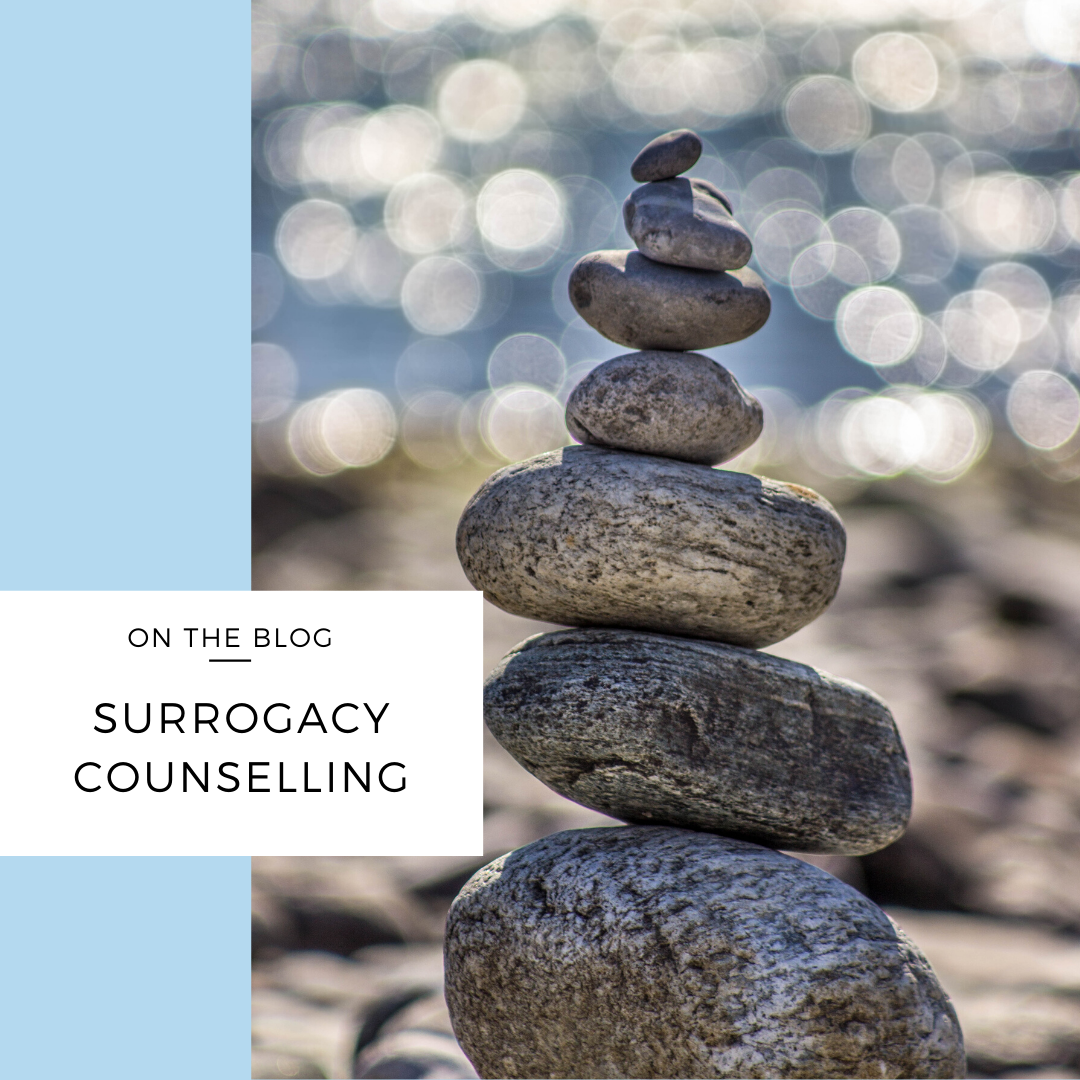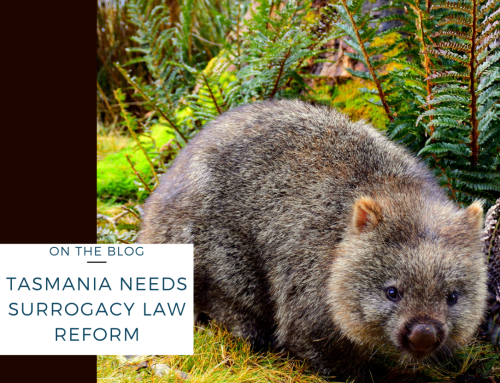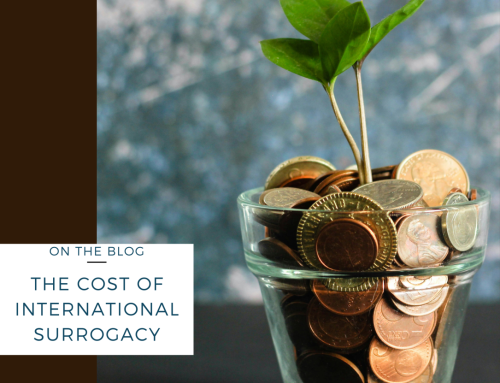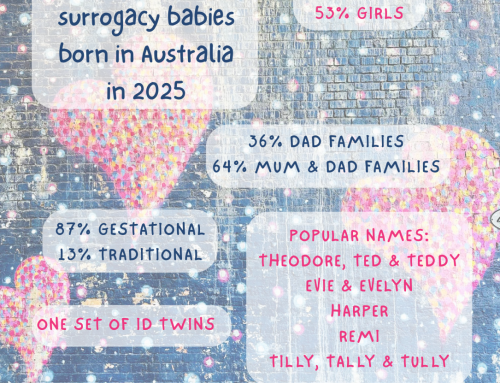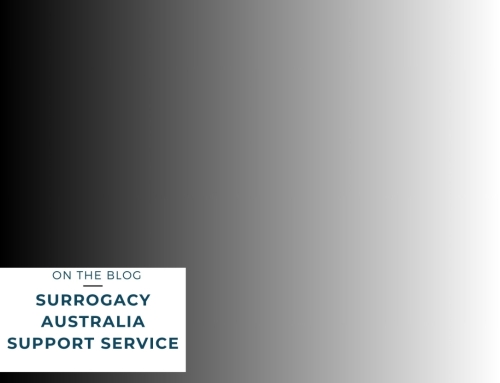Surrogacy Counselling – what should we expect?
If you are new to surrogacy, you can read about how to find a surrogate, or how to become a surrogate yourself. You can also download the free Surrogacy Handbook which explains the processes and options.
Intended parents and surrogates are always keen to know what they can expect from the surrogacy counselling. Perhaps you’ve never had counselling and are expecting to open Pandora’s Box on all your private history and personal life? Or perhaps you’ve had counselling for therapeutic reasons in the past and think you don’t really need any more.
I’m not a counsellor, and while I’ve had my fair share of counselling throughout and beyond the surrogacy process, the surrogacy counsellors are the best source of information about their processes and roles.
Counselling is a crucial part of any surrogacy journey, and not just because it is required by law. Counselling provides an opportunity for team members to work through issues together and separately, maintain their mental health and support the team as individuals and as a group. If you are focused on building and maintaining a long-term relationship with each other, for your own sakes as well as that of any children involved, then counselling should be a priority for everyone.
Having gone through previous counselling for infertility, egg donation or IVF treatment does not replace surrogacy counselling, which is separate and a required part of the process in order to apply for a Parentage Order after the birth.
There are legislative requirements for what the counselling sessions need to cover. Your counsellor should be registered with the Australian New Zealand Infertility Counsellors Association (ANZICA) and experienced with surrogacy and donor conception. Some clinics expect one of their staff counsellors to provide counselling; in others you can seek assistance from a private counsellor.
There are ANZICA Surrogacy Guidelines which you can access online, which provides guidelines for counsellors to ensure they cover the important issues for each surrogacy team. The Guidelines were drafted with four key principles in mind, based on the Surrogacy Matters Parliamentary Inquiry 2016. Those four principles are:
- the best interests of the child,
- the surrogate’s ability to make free and informed decisions,
- ensuring the surrogate is free from exploitation, and
- legal clarity about the resulting parent-child relationships
Once the team is approved for their surrogacy arrangement, counselling takes on a more supportive role for the pregnancy attempts, pregnancy and birth. My advice is that there is no such thing as too much counselling, and every team member should access support for their journey and mental well-being. Surrogates should have access to regular counselling and intended parents should ensure that they allow for counselling as an ongoing expense.
Many teams have their counselling over Zoom or in-person, or a combination of the two. Some counsellors will do the bulk of the counselling over several days while others will do it over several weeks. If your surrogate family lives interstate from the intended parents, the counsellor may be able to schedule sessions to accommodate the distance and needs of the team.
Many States require the parties to undergo post-birth counselling and relinquishment counselling. These are procedural requirements for the Parentage Order. However, post-birth counselling is crucial for the team and individuals to be able to debrief the birth and support them through the fourth trimester and beyond.
You can find more information in the Blog, and by listening to the Surrogacy Podcast.
You can also prepare yourself for surrogacy with my book, More Than Just a Baby: A Guide to Surrogacy for Intended Parents and Surrogates, which is available in paperback and electronic versions.
You can also book in for a consult with me below.

